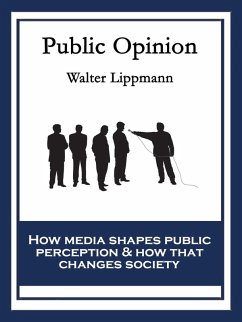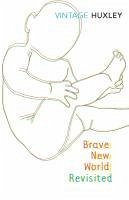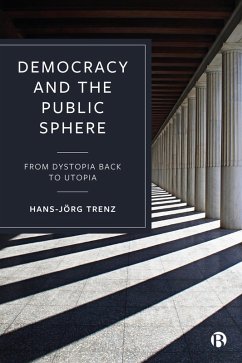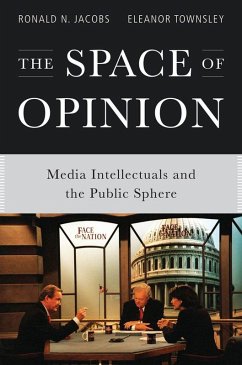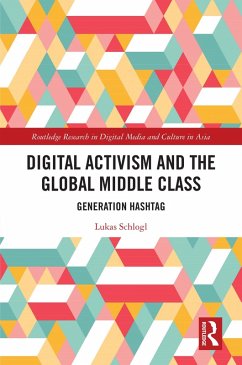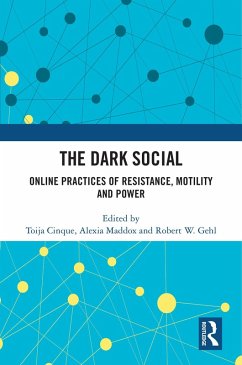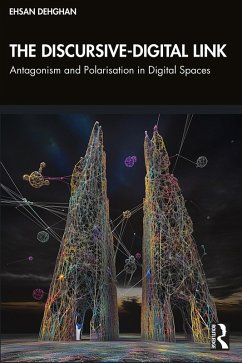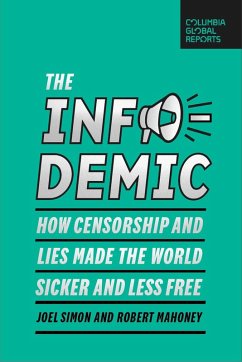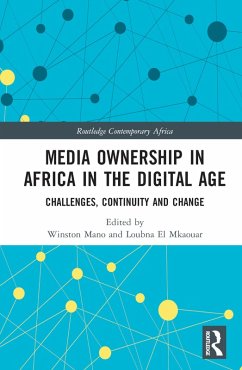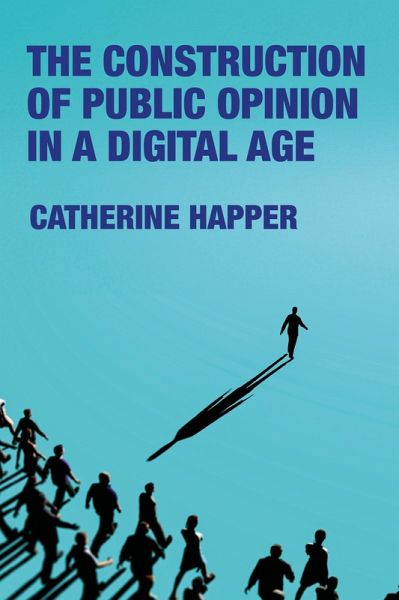
The construction of public opinion in a digital age (eBook, ePUB)
Versandkostenfrei!
Sofort per Download lieferbar
80,95 €
inkl. MwSt.
Weitere Ausgaben:

PAYBACK Punkte
40 °P sammeln!
This book presents a new conceptual model for understanding the role of the media in the construction of public knowledge, belief and opinion in the context of a radically changed communications infrastructure. Drawing on a series of empirical studies conducted over nearly a decade, Happer deploys evidence of a 'disconnect' between neoliberal media and the public which is rooted in a disaffection with a mainstream political culture which has failed to deliver the societal outcomes promised. As people are pushed towards alternative digital sources, new communities of opinion are produced in way...
This book presents a new conceptual model for understanding the role of the media in the construction of public knowledge, belief and opinion in the context of a radically changed communications infrastructure. Drawing on a series of empirical studies conducted over nearly a decade, Happer deploys evidence of a 'disconnect' between neoliberal media and the public which is rooted in a disaffection with a mainstream political culture which has failed to deliver the societal outcomes promised. As people are pushed towards alternative digital sources, new communities of opinion are produced in ways which polarise publics and ultimately limit the potential for social change.
Offering an innovative and urgently needed new sociological analysis, this book is required reading for an inter-disciplinary field of media, journalism, and politics/IR which has largely abandoned questions of media power and public opinion management, as well as policymakers, science communicators and journalists.
Key points of the book:
1) public opinion formation and why people may come to different positions through the development of a new model
2) the societal outcomes produced when a widespread disconnect between journalism and public opinion emerges
3) the atomisation of opinion and its relations to newly constructed opinion communities (with consideration of the role of class)
4) the turn to digitally available alternatives which enable new, less visible power agents to exert control.
Offering an innovative and urgently needed new sociological analysis, this book is required reading for an inter-disciplinary field of media, journalism, and politics/IR which has largely abandoned questions of media power and public opinion management, as well as policymakers, science communicators and journalists.
Key points of the book:
1) public opinion formation and why people may come to different positions through the development of a new model
2) the societal outcomes produced when a widespread disconnect between journalism and public opinion emerges
3) the atomisation of opinion and its relations to newly constructed opinion communities (with consideration of the role of class)
4) the turn to digitally available alternatives which enable new, less visible power agents to exert control.
Dieser Download kann aus rechtlichen Gründen nur mit Rechnungsadresse in A, D ausgeliefert werden.




